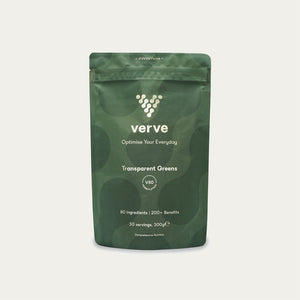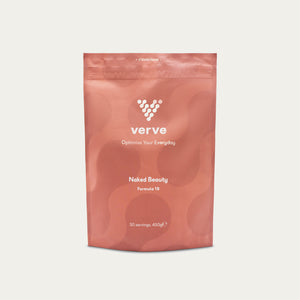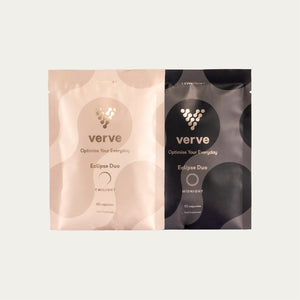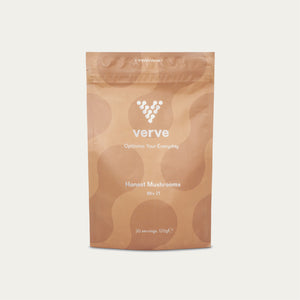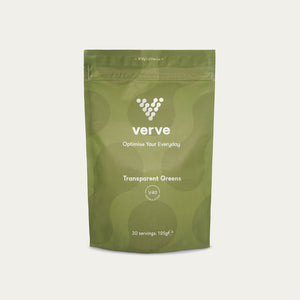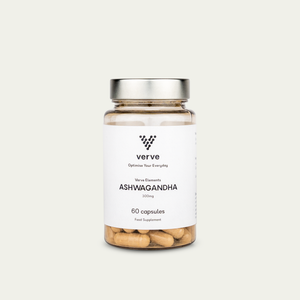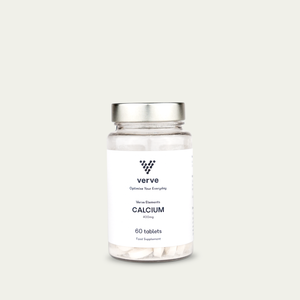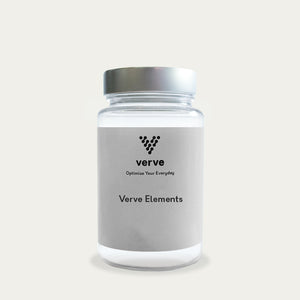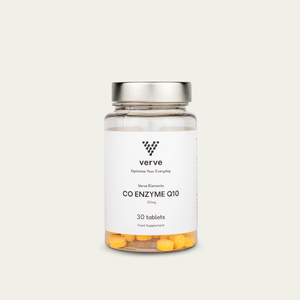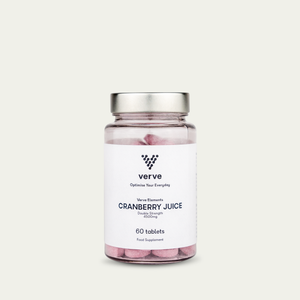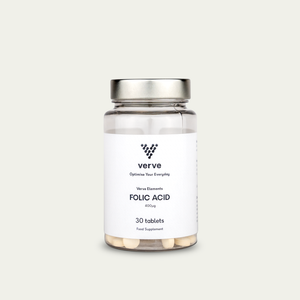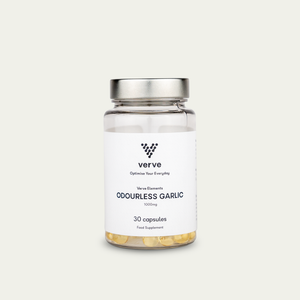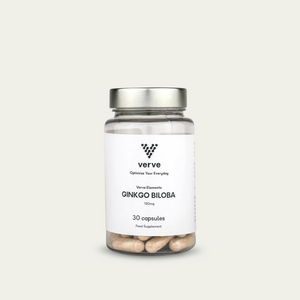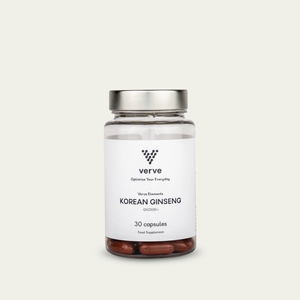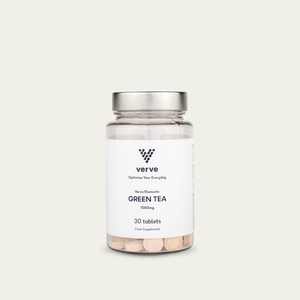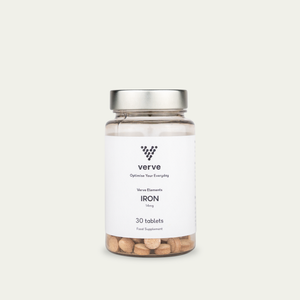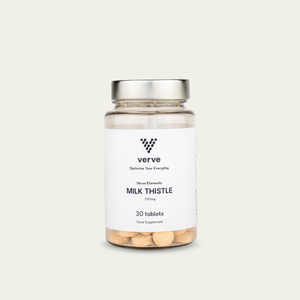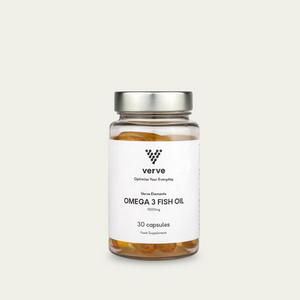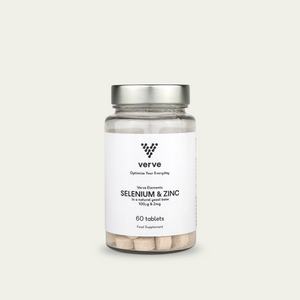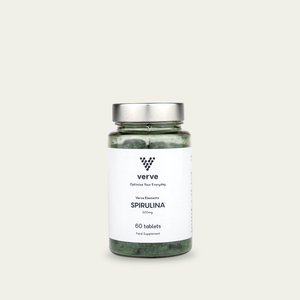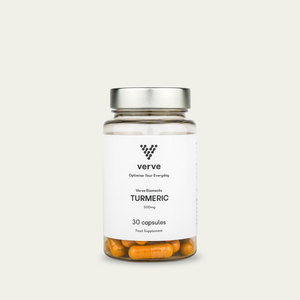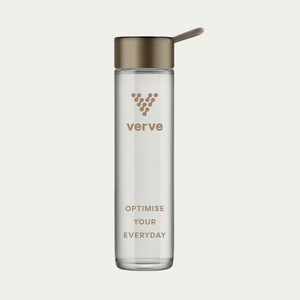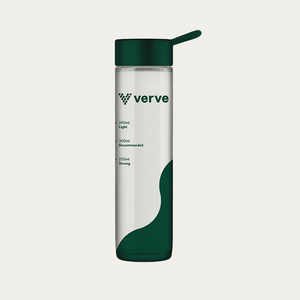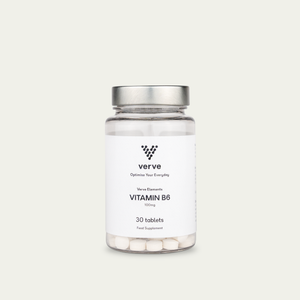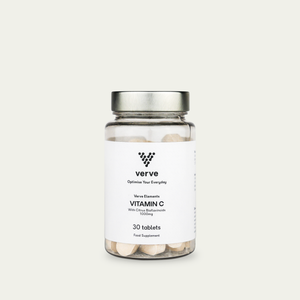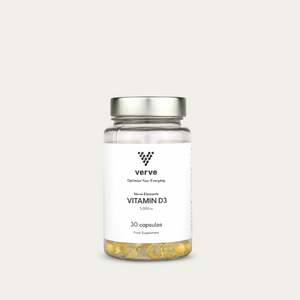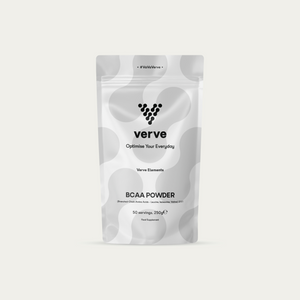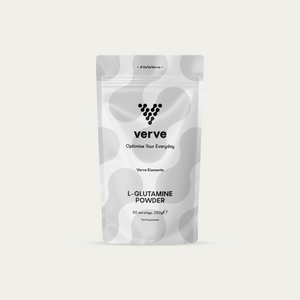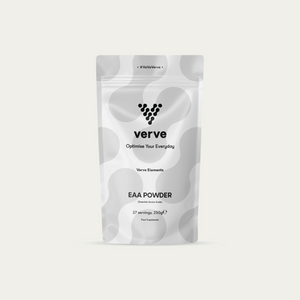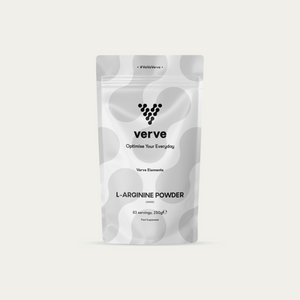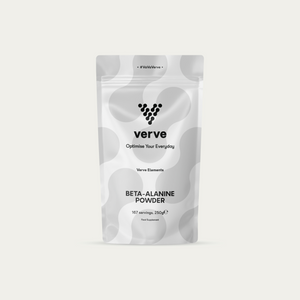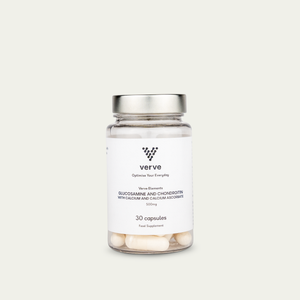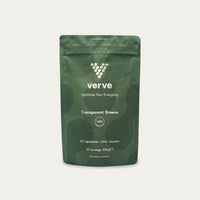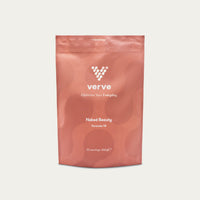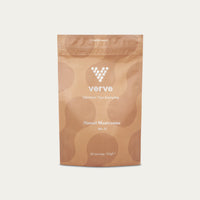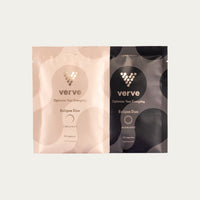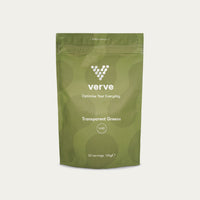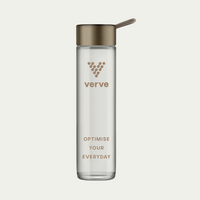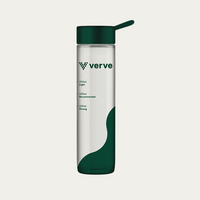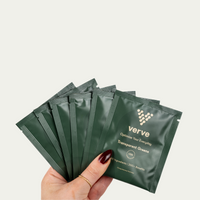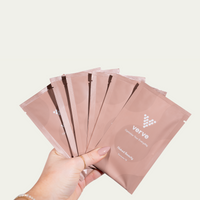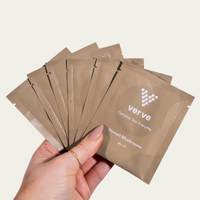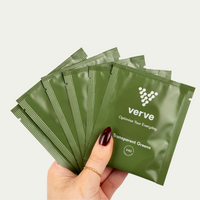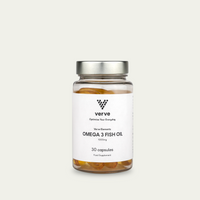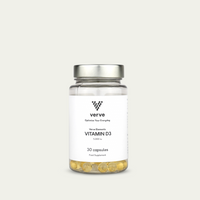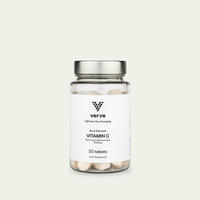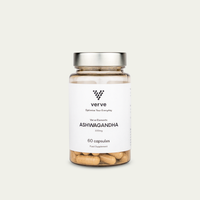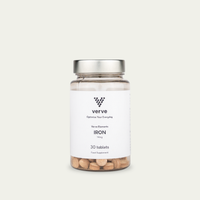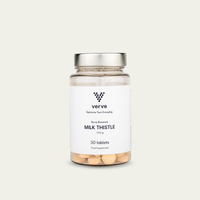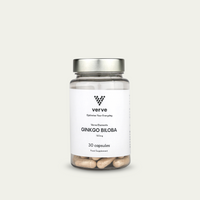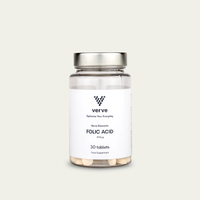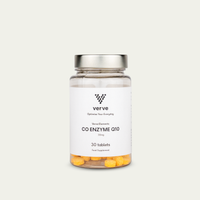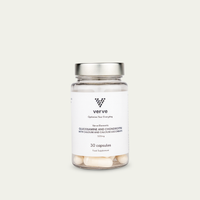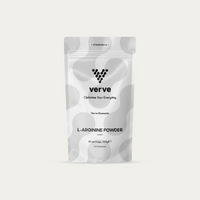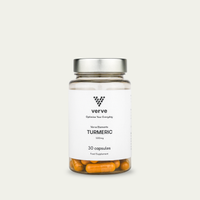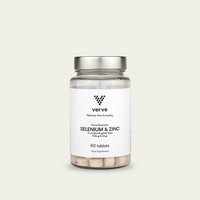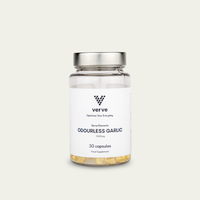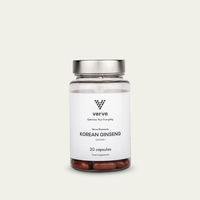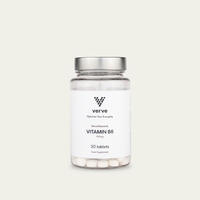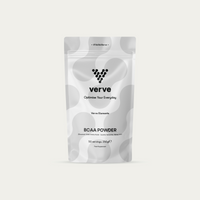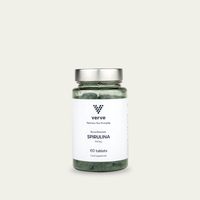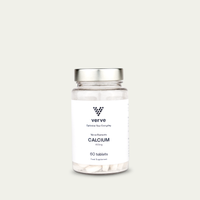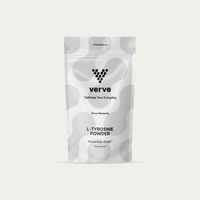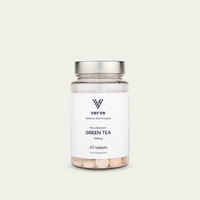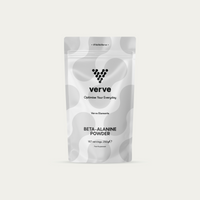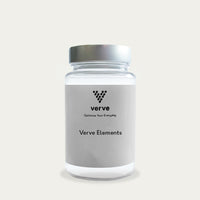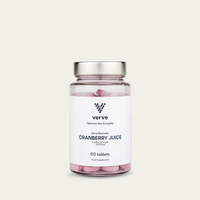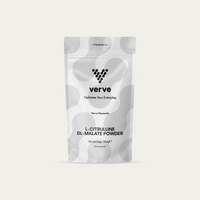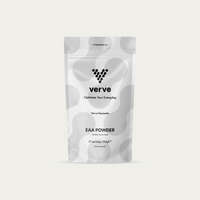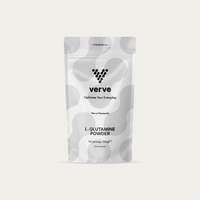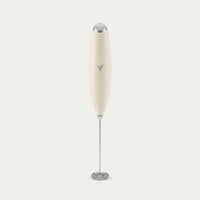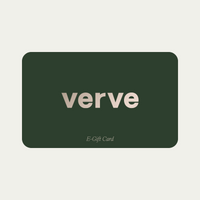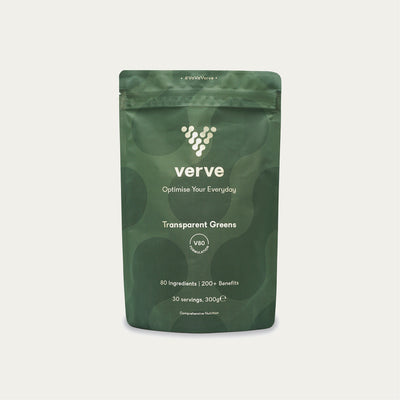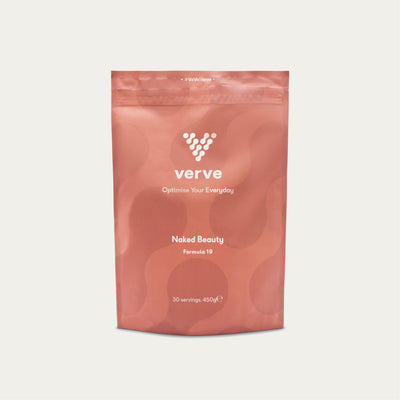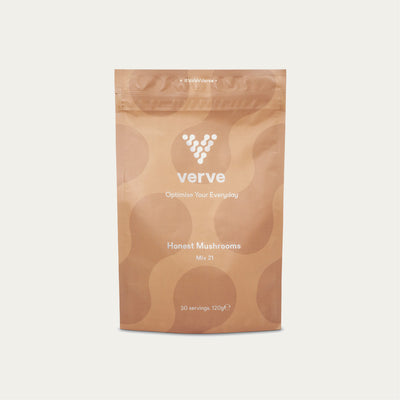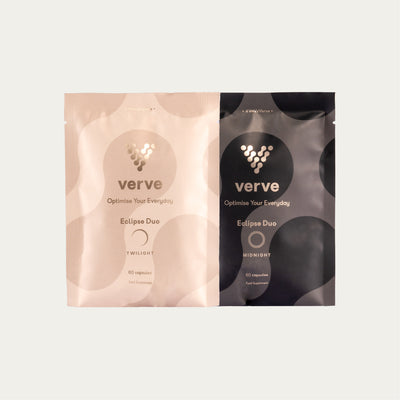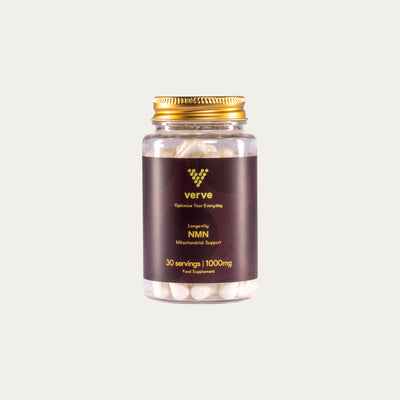1. Vitamin B12
Vitamin B12, also known as cobalamin, is a powerhouse when it comes to maintaining optimal health.
It plays a pivotal role in the functioning of the brain and nervous system, as well as in the formation of blood.
This water-soluble vitamin aids in the synthesis of DNA and is essential for the metabolism of every cell in the body, particularly affecting DNA regulation and fatty acid synthesis.
A B12 deficiency can disrupt these processes, leading to pernicious anemia, characterisd by large, immature red blood cells that can't carry oxygen efficiently, and ultimately affecting your body temperature.
Symptoms of a deficiency include fatigue, lethargy, and a persistent sensation of cold, particularly in the hands and feet. As B12 is predominantly found in animal products, vegetarians and vegans are at a higher risk of deficiency and may need to consider supplements or fortified foods to maintain adequate levels.
2. Folate (B9)
Folate, the natural form of vitamin B9, is vital for several bodily functions, including cell growth and the formation of DNA.
Its synthetic form, known as folic acid, is often used in supplements and food fortification due to its increased stability and absorption.
This vitamin is especially critical in the creation of new red blood cells in the bone marrow, aiding in the prevention of anemia types which result in the body being deprived of oxygen, causing a chill.
Moreover, folate plays a key role in converting carbohydrates into energy, contributing to the body's internal heat production. Pregnant women are particularly encouraged to ensure adequate folate intake to prevent neural tube defects in their unborn children.
However, everyone needs a sufficient amount of folate to function correctly, and not getting enough can lead to feelings of cold due to reduced oxygen circulation.
3. Vitamin C
Often celebrated for its role in bolstering the immune system, vitamin C is a powerhouse nutrient with a large variety of health benefits.
As a potent antioxidant, it combats free radicals in the body, which can damage cells and lead to chronic illness.
Beyond its immune-enhancing properties, vitamin C is also critical for the synthesis of collagen, a protein that helps to maintain the integrity of our blood vessels, skin, organs, and bones.
Adequate vitamin C intake ensures that blood vessels function properly, promoting optimal blood flow and safeguarding against the cold feeling associated with poor circulation. Furthermore, vitamin C assists in the body's metabolism of fat, a process that generates heat. Its role in energy production is crucial for maintaining body warmth. For those who may not always get enough vitamin C through diet alone, incorporating a supplement can be a simple solution to ensure they're meeting their nutritional needs.
4. Iron
Iron is a mineral that is fundamental to life. It's a key component of hemoglobin, the protein in red blood cells that carries oxygen from the lungs to the rest of the body. When iron levels are low, a condition known as iron-deficiency anemia can occur, leading to insufficient oxygen in the blood and resulting in fatigue and a chronic sensation of cold, particularly in the extremities.
Iron is also involved in the process of converting blood sugar into energy, and a deficiency can slow down this metabolic process, reducing heat production. Iron-rich foods include red meat, seafood, beans, and fortified cereals; however, some individuals might need supplements to achieve the recommended levels, particularly women of childbearing age, pregnant women, and those with certain dietary restrictions.
5. Vitamin D
Vitamin D, often referred to as the "sunshine vitamin," is synthesised by the body in response to sunlight and is also absorbed from certain foods. This fat-soluble vitamin is renowned for its role in calcium and phosphorus balance, crucial for maintaining healthy bones and teeth.
Further to its bone-strengthening benefits, vitamin D receptors are found in various body tissues, indicating broader physiological roles, including the modulation of cell growth and immune function. Vitamin D deficiency has been linked to muscle weakness, which could affect the body's ability to generate heat through muscle activity.
Low levels of vitamin D are relatively common in regions with limited sunlight exposure, making supplementation an important consideration for many people to help maintain not just bone health, but also an adequate body temperature.
